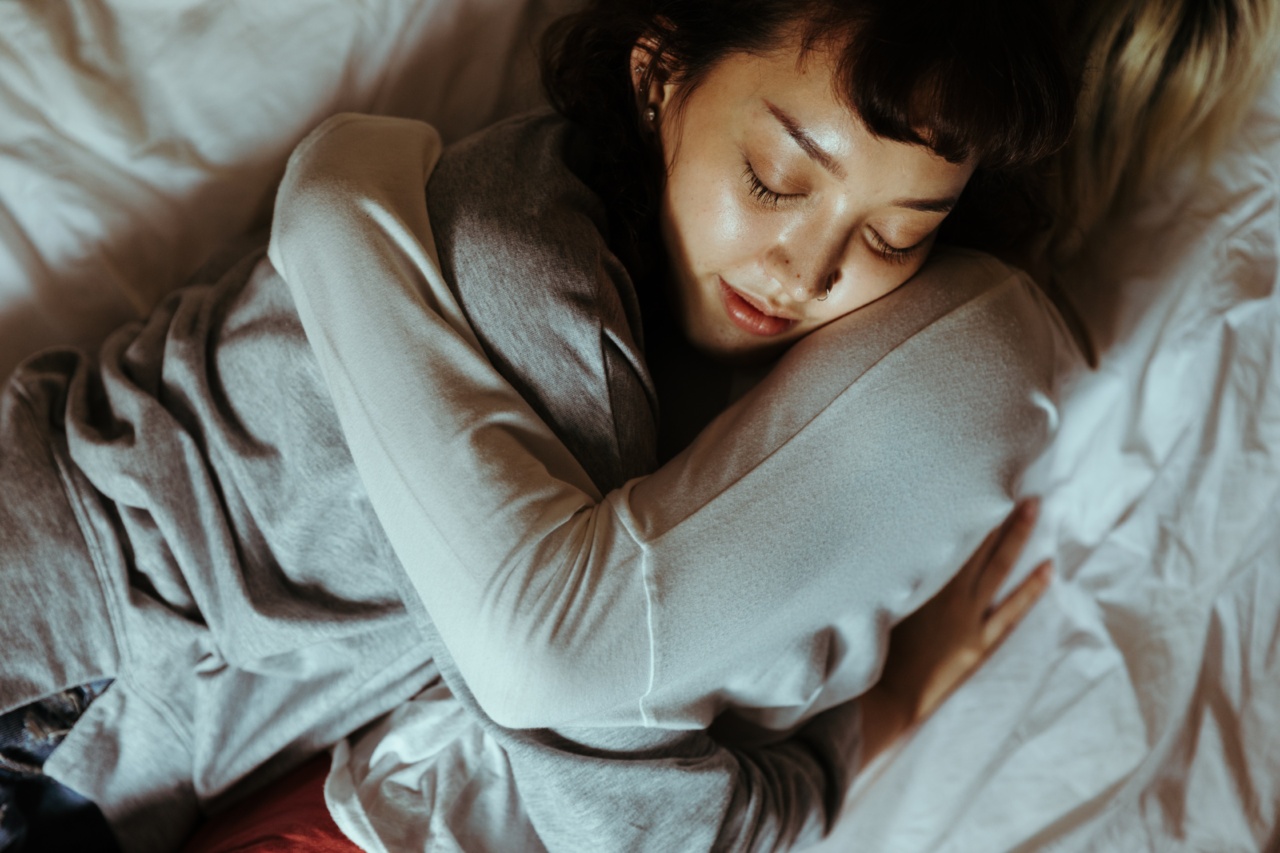Menopause is marked by several symptoms that can affect women’s quality of life. Among these symptoms is sleep disturbances. As women approach menopause, the ovaries’ ability to produce estrogen and progesterone decreases.
These two hormones are crucial for regulating sleep patterns. Insomnia and other sleep disorders are common during this time, and they can have a significant impact on menopausal sexual life.
In this article, we will explore how sleep affects menopausal sexual life and provide some tips on how to improve sleeping habits during this time of transition.
What Happens To Sleep During Menopause?
As women approach menopause, hormonal changes affect sleep quality and quantity. Women can experience hot flashes and night sweats that disrupt their sleep.
These physical symptoms can lead to insomnia and other sleep disturbances, such as sleep apnea and restless leg syndrome. Additionally, sleep deprivation during menopause can worsen depression and anxiety symptoms, which can also interfere with sexual health.
How Does Sleep Affect Menopausal Sexual Life?
Insufficient sleep can lead to sexual problems among menopausal women. Sleep quality is directly related to sexual function, and sleep deprivation can cause a decrease in sexual desire, arousal, and satisfaction.
In addition, menopausal women who experience sleep disturbances are more likely to report pain during sexual intercourse.
Sleep deprivation can also lead to mood changes, such as irritability, depression, and anxiety that can cause women to lose interest in sexual activity.
The lack of sleep can also lead to a lack of energy and stamina to engage in sexual activity, further damaging sexual life quality.
How To Improve Sleep During Menopause?
There are several strategies that women can practice to improve sleep quality during menopause. Here are some tips:.
1. Create a bedtime routine
Creating a consistent bedtime routine can help signal the body that it is time to sleep. Establishing a bedtime routine, such as taking a warm bath or reading a book, can help calm the mind and body, enabling women to fall asleep faster.
2. Avoid caffeine and alcohol
Caffeine and alcohol can disrupt sleep patterns, making it difficult to achieve restful sleep. Women should avoid consuming these beverages in the evening or at night to improve sleep quality.
3. Exercise regularly
Regular exercise can help improve sleep quality during menopause. Exercise releases endorphins, which can reduce stress and anxiety, making it easier to fall asleep.
However, women should avoid exercising close to bedtime, as it can make it harder to fall asleep.
4. Create a sleep-conducive environment
The bedroom must be comfortable and conducive to sleep. Women should make sure the bedroom is cool, dark, and quiet. Additionally, using comfortable bedding, such as a good mattress and pillows, can help improve sleep quality.
5. Seek medical advice
If sleep problems persist, women should pay a visit to their healthcare provider. They can recommend treatments that can help manage menopausal symptoms, such as hormone therapy, that can improve sleep quality and sexual life.
Conclusion
Menopause is a natural transition affecting women, but it can come with several uncomfortable symptoms, including sleep disturbances. Sleep deprivation can have a direct impact on sexual health, most notably decreasing sexual desire and satisfaction.
There are various ways women can improve sleep quality during menopause, including creating a bedtime routine, avoiding caffeine and alcohol, exercising regularly, creating a sleep-conducive environment, and seeking medical advice if symptoms persist.





























